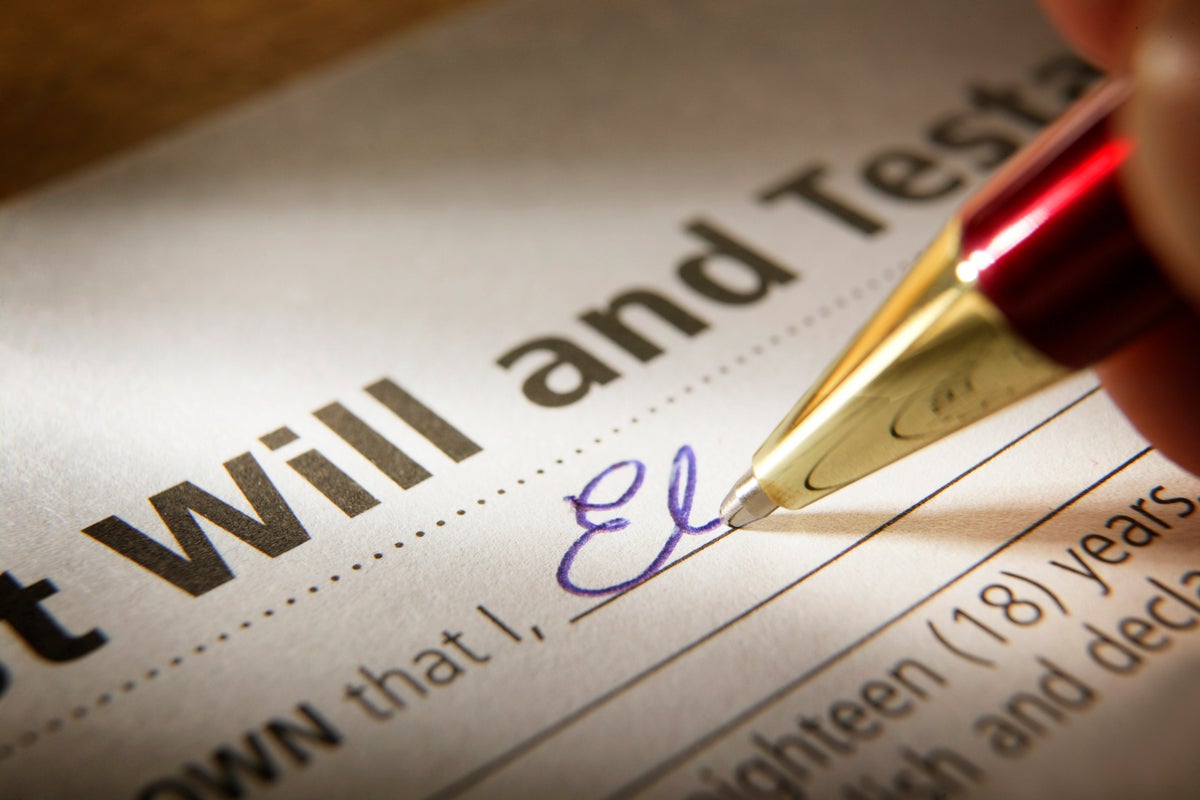Writing a Will Before Age 30: A Radical Shift in How We Approach Mortality and Responsibility in Modern Society
The conversation around wills often invokes discomfort, leading many to postpone this crucial task until much later in life. However, experts are advocating for a paradigm shift: writing a will at a younger age, potentially as early as in one’s twenties. This notion challenges traditional beliefs about mortality and responsibility, stirring up a debate that resonates with broader societal themes, including the complexities of life planning in a rapidly changing world.
The traditional view is that wills are primarily for the elderly or those with significant assets. Society often equates the act of preparing a will with an acknowledgment of mortality. However, as contemporary life unfolds with unprecedented uncertainties—economic instability, health crises, and shifting social norms—this perspective is being questioned. The idea of a ‘will’ as solely a document for the rich or the elderly has started to dissolve as more young people embrace the concept of proactive life management.
The argument for writing a will at a younger age is grounded in the reality that life is unpredictable. Accidents, sudden illnesses, and unforeseen events can happen at any moment. A will serves not only to distribute assets but also to address guardianship for children, care for pets, and other important decisions that reflect personal values and priorities. By drafting a will early, individuals can ensure that their wishes are honored, thereby alleviating the burden on loved ones left behind.
Furthermore, the act of writing a will at a younger age can foster a deeper understanding of one’s values and priorities. It compels individuals to think critically about what matters most to them and encourages conversations about family dynamics, relationships, and responsibilities. These discussions can be invaluable in strengthening bonds with loved ones and preparing for the future.
In recent years, there has been a notable rise in the number of digital platforms that facilitate will writing. These services are designed to be user-friendly and accessible, often allowing users to create a legally binding will in a matter of minutes. This technological advancement has made the process more appealing to younger generations, who are accustomed to managing their lives online. The convenience of digital solutions also helps to destigmatize the conversation around wills, making it a more normalized part of life planning.
Moreover, the millennial and Gen Z generations are increasingly valuing experiences over material wealth. This shift in mindset impacts how they view inheritance and legacy. Many young people are more focused on creating meaningful experiences during their lifetimes rather than accumulating assets for future generations. This attitude challenges the traditional notion of wills as merely tools for asset distribution, prompting a broader discussion about what constitutes a meaningful legacy.
Culturally, there is also a growing appreciation for the importance of mental health and emotional well-being. The process of writing a will can be seen as an act of self-care, allowing individuals to confront their mortality and take control of their narratives. It can instill a sense of empowerment, as individuals articulate their wishes clearly, providing peace of mind for themselves and their loved ones.
The shift towards younger individuals writing wills is not without its controversies. Critics argue that many young people may not have the necessary assets or life experience to make informed decisions about their estates. They contend that this trend may lead to hasty or poorly thought-out decisions that could complicate matters down the line. Others point out that the emotional weight of contemplating death at a young age could lead to anxiety or avoidance rather than proactive planning.
Despite these concerns, the growing advocacy for younger will-makers aligns with broader movements toward transparency and open dialogue about difficult topics. As society grapples with issues such as climate change, social justice, and economic inequality, the need for individuals to take personal responsibility for their legacies becomes ever more pressing. Engaging in conversations about death and estate planning can provide a foundation for more significant discussions about life choices, values, and the impact one wishes to leave behind.
The idea of writing a will at a young age can also have practical implications for financial literacy. As young adults navigate student loans, credit cards, and first-time home purchases, developing a will can be part of a broader financial strategy. Understanding how to manage one’s assets and liabilities is crucial in today’s economic climate, and making a will can serve as an educational experience in this regard.
As this movement gains traction, educational initiatives are emerging to guide young individuals in the will-writing process. Workshops, community programs, and online resources are increasingly available, emphasizing the importance of planning for the future. These initiatives aim not only to inform but also to inspire a cultural shift toward embracing the reality of mortality in a constructive way.
As we move forward, the conversation surrounding wills is likely to evolve. The intersection of technology, cultural attitudes, and individual responsibility will continue to shape how we approach this essential aspect of life planning. The potential for younger generations to redefine the norms surrounding wills is both exciting and fraught with challenges, igniting a rich dialogue about mortality, legacy, and the meaning of responsible adulthood.
While writing a will might feel morbid, it will help protect the people you love when you die

